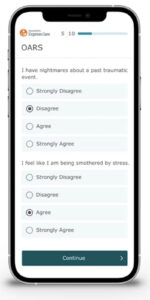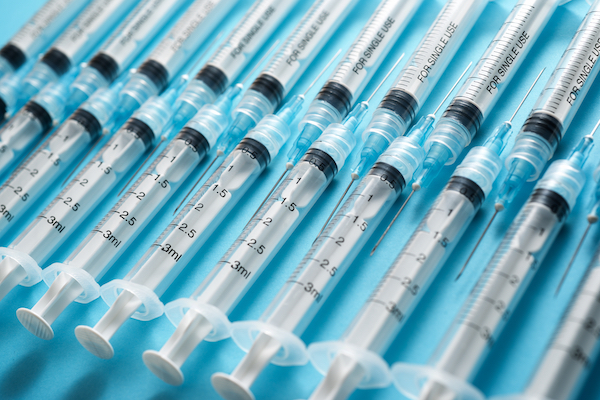Yosi Health’s Opioid Abuse Risk Screening (OARS) is designed to help stop addiction in its tracks
By Jenny Diedrich
April 29, 2021With opioid use surging in the United States during COVID—and the aftermath of the pandemic expected to deliver an additional spate of addiction issues—identifying patients with risk factors is more critical than ever.
A new virtual tool from New York-based Yosi Health gives healthcare providers a simple way to assess those risk factors before an opioid problem develops. The company’s Opioid Abuse Risk Screening (OARS) is a psychological assessment that collects answers to a set of comprehensive clinical and mental health questions through the Yosi Health virtual platform. Based on patient responses, clinicians can access a confidential report identifying risk levels.
In response to a lack of valid, reliable behavioral health instruments, providers often rely on a gut feeling for patients abusing opioids. [This tool] was developed to allow physicians to conduct an evidence-based assessment for their patients to determine risk for opioid abuse.”—Hari Prasad, Yosi Health founder and CEO
Yosi Health founder and CEO Hari Prasad says the HIPAA-compliant OARS tool can be valuable in almost any care setting, including family practice, mental health, pain management and orthopedic practices.
According to data from the National Institute on Drug Abuse (NIDA), between 21% and 29% of patients who are prescribed opioids for chronic pain end up misusing them, and 4% to 6% who misuse prescription opioids transition to heroin. Prasad believes that enabling physicians to identify people at risk can reduce those percentages.
“In response to a lack of valid, reliable behavioral health instruments, providers often rely on a gut feeling for patients abusing opioids. [This tool] was developed to allow physicians to conduct an evidence-based assessment for their patients to determine risk for opioid abuse,” Prasad says.
How the OARS Platform Works

According to Prasad, Yosi Health’s platform increases the likelihood that patients will answer questions more candidly. Rather than being rushed in a waiting room with someone sitting next to them, they can take the time to complete the assessment in private at home, he says.
For patients in chronic pain and thus more at risk for opioid misuse, durable medical equipment (DME) can be an important treatment option. However, prescribing DME is often complicated administratively. Yosi Health also offers a DME management platform that allows clinicians to easily submit patient orders for DME.
“Before prescribing an opioid, [providers] can prescribe medical equipment such as a back brace to see if that alleviates the pain. Our platform removes all of the administrative burden by allowing them to seamlessly prescribe DME,” Prasad says.













